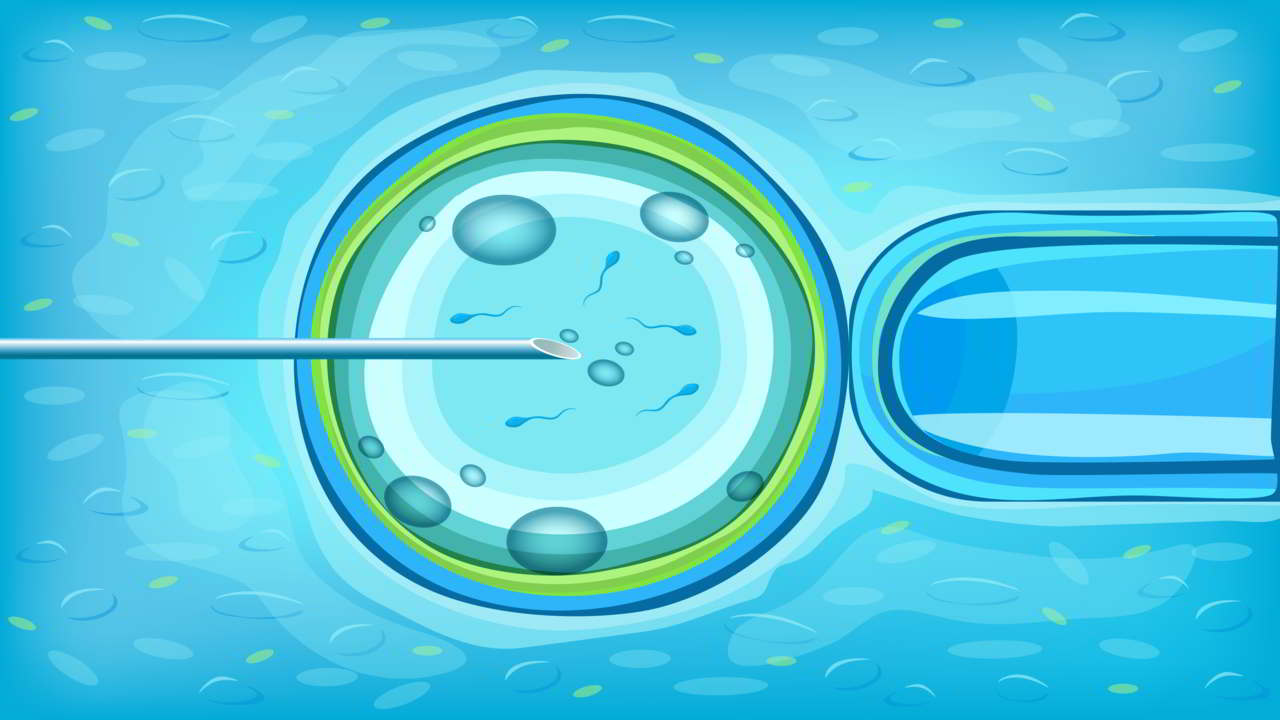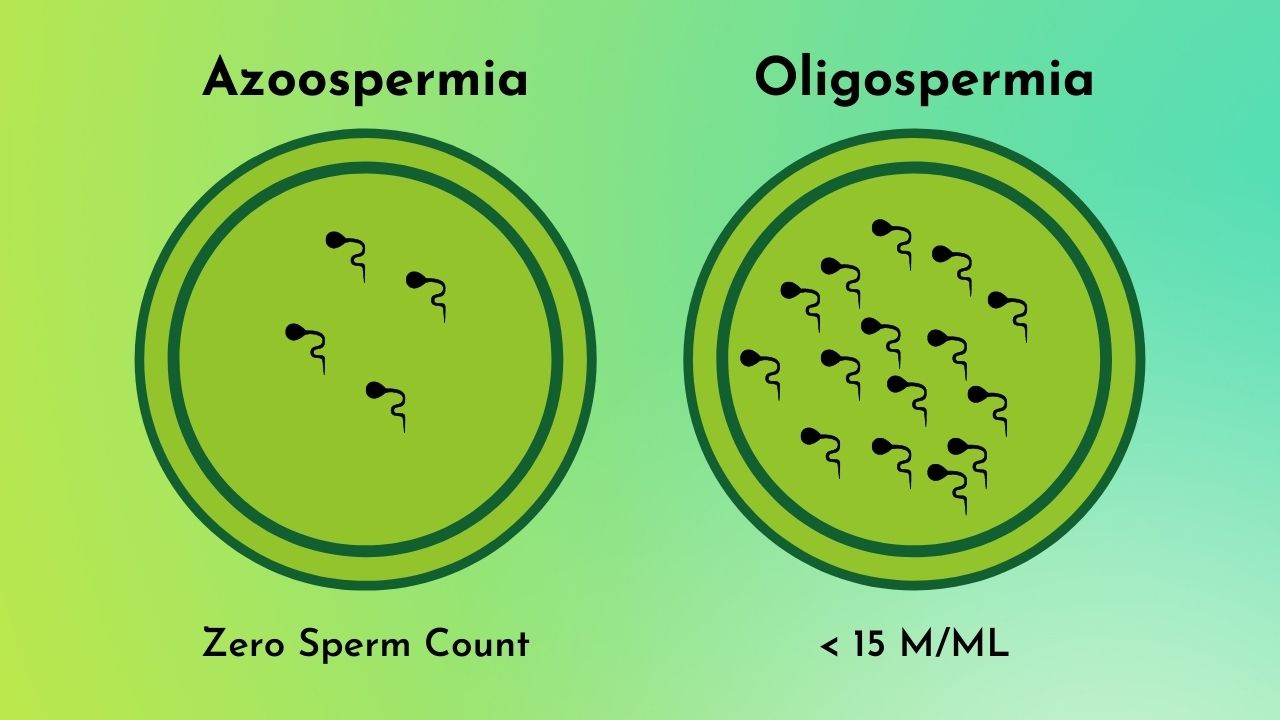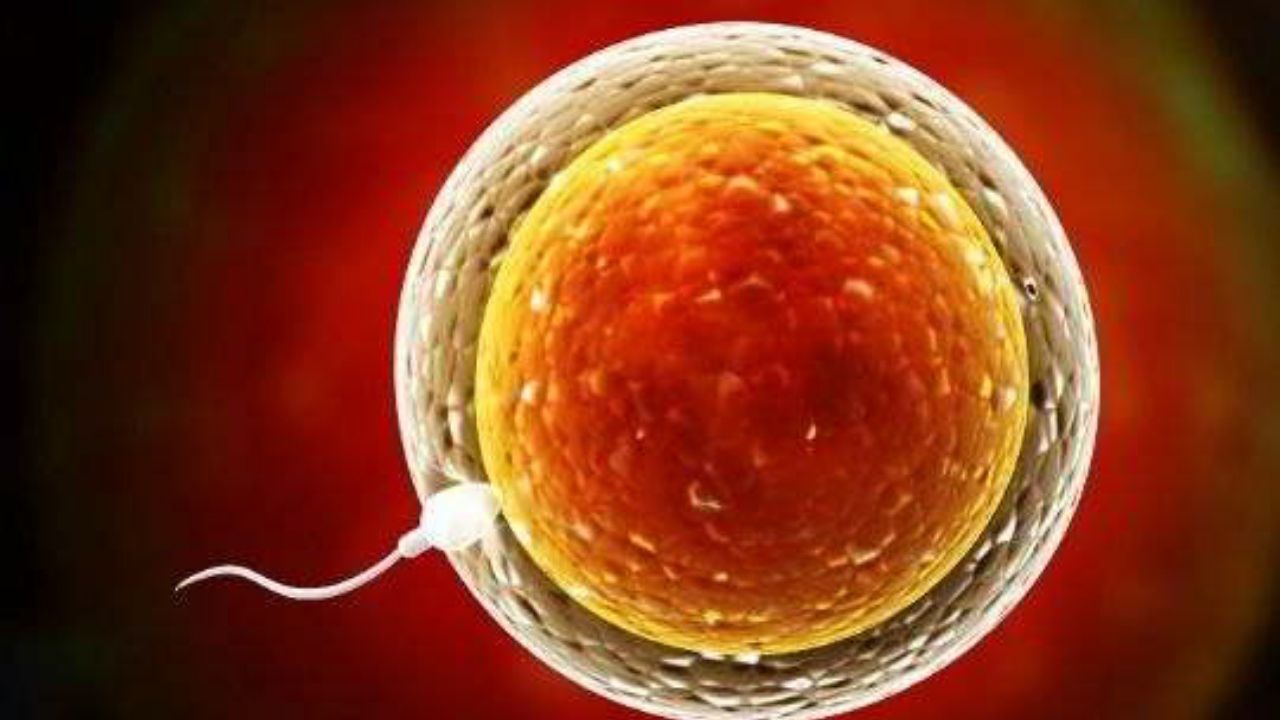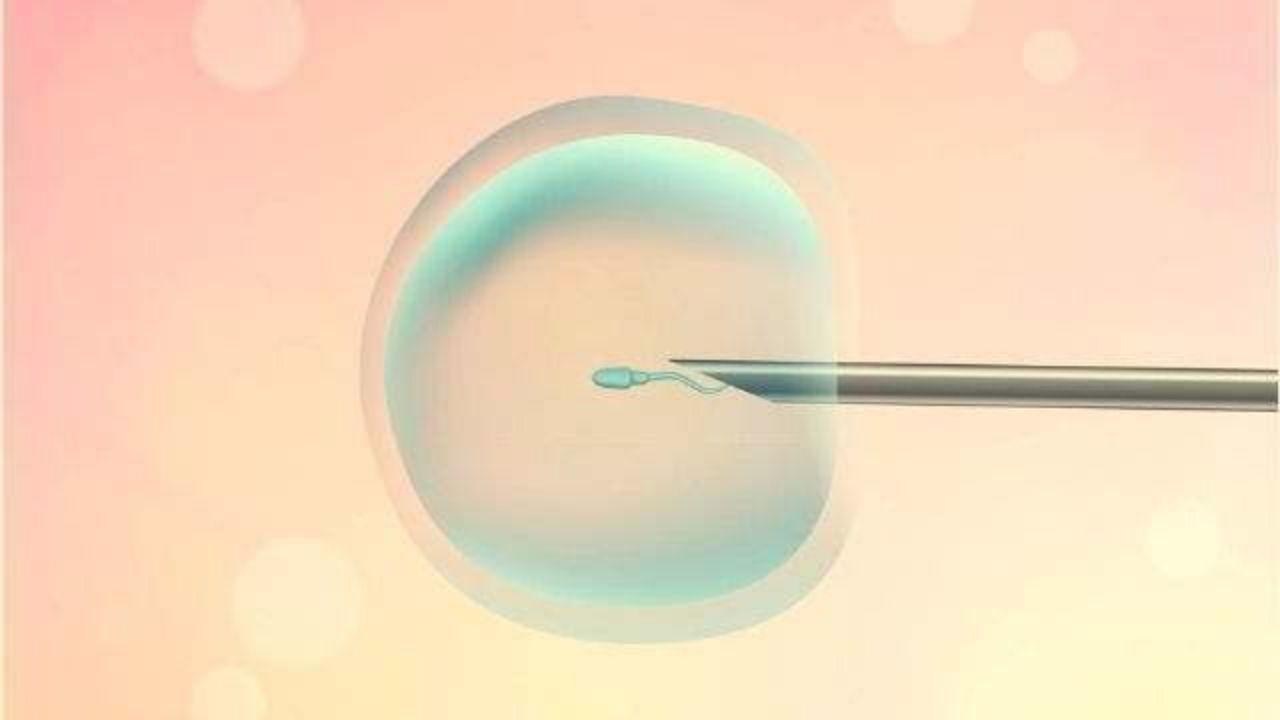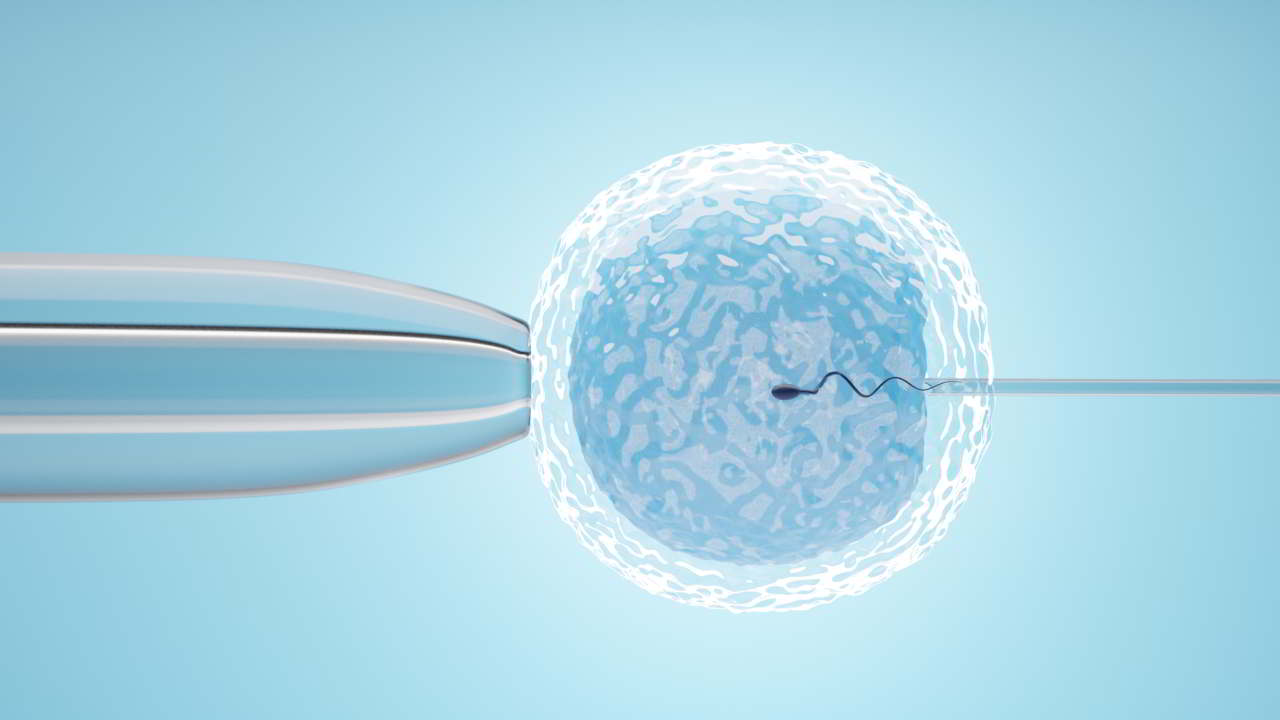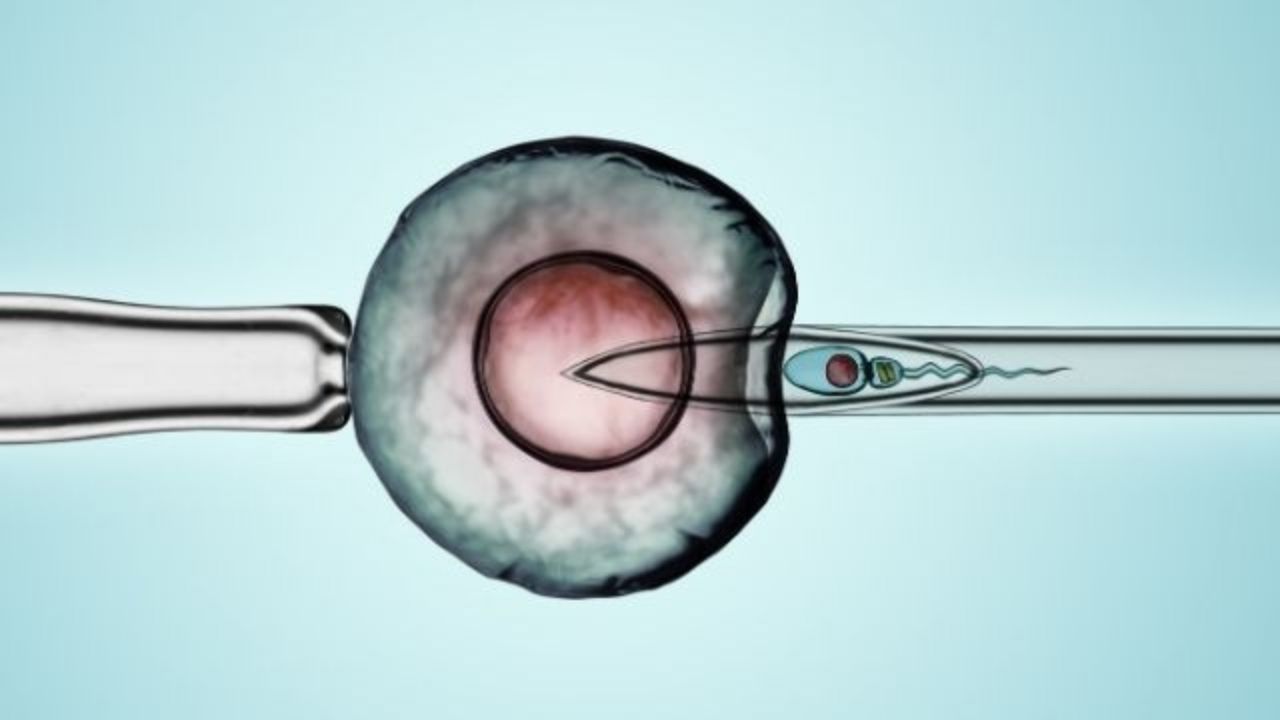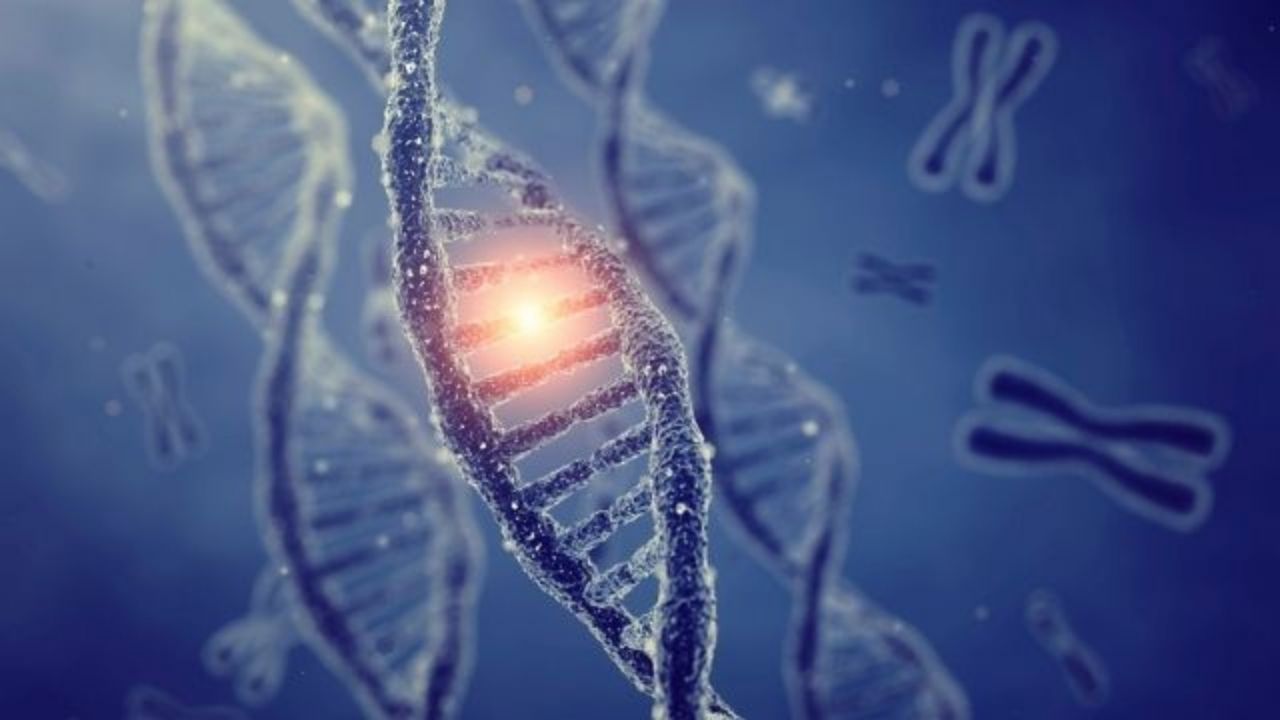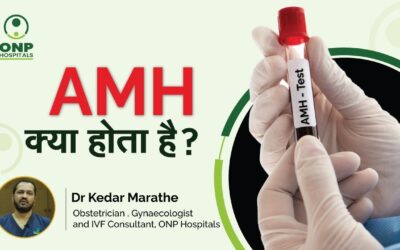As a pediatrician at ONP Hospitals, I’ve witnessed countless stories of resilience and recovery, but one case stands out—little Anaya’s story. Anaya, a spirited four-year-old, came to us after a severe finger injury that happened while she was playing in the backyard....
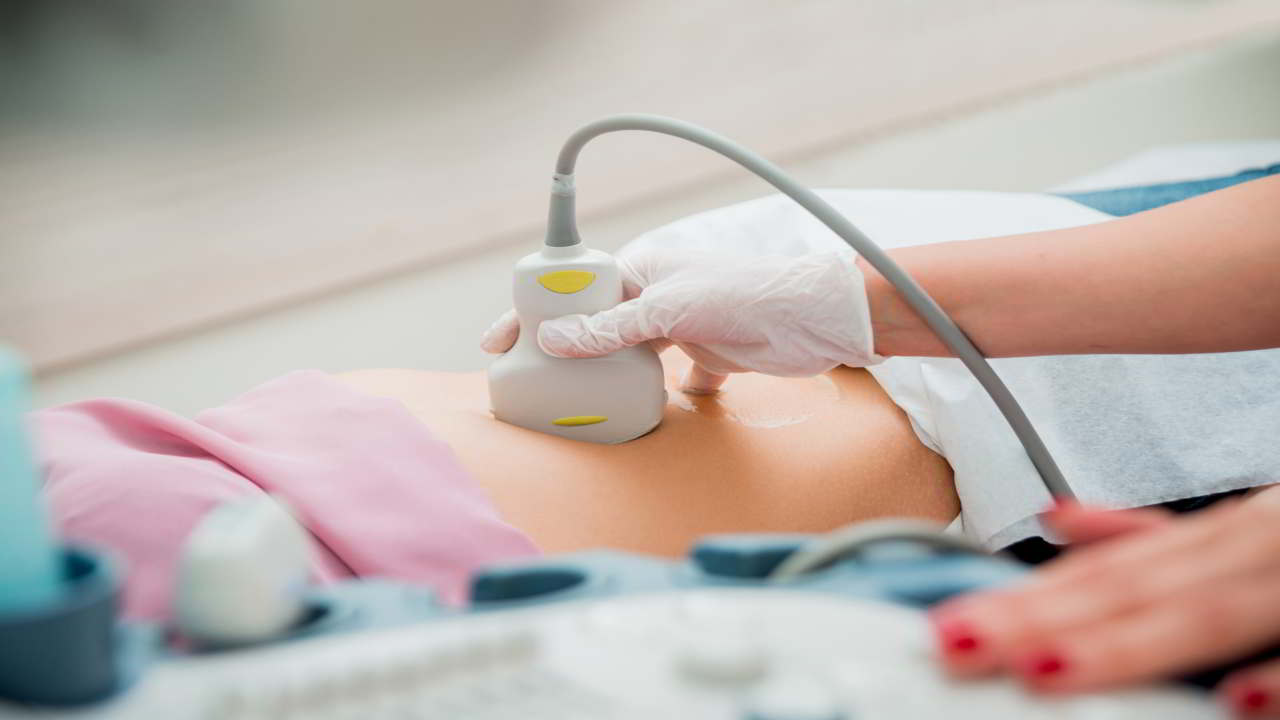
Overview
Being parents adds joy to the lives of many couples. However, while it is easy for some to become parents, for some others, it can be complicated. Couples go through some tests to examine their reproductive system. One such procedure for women is a follicular study. The study observes the follicles in the female ovaries after every few days.
Everything You Need To Know About Follicular Study
What is a Follicular Study?
The ovaries of a woman contain numerous sacs filled with eggs. They are called follicles. These follicles grow as the eggs mature. The dominant follicle releases one egg after around 15 days from the beginning of a menstrual cycle called ovulation. Also, ovaries release eggs alternatively every other month.
After ovulation, the egg moves through the fallopian tube. If there are any sperms already present, the egg fuses with one to form an embryo. Meanwhile, the uterus thickens and prepares for the fertilized egg. The embryo then attaches itself to the uterus wall to develop into a baby over the months.
Thus, a follicular study is a process to observe and track the growth and behaviour of the follicles. Also, it is essential to predict the possibility of fertilization.
When is it Done?
The scans for a follicular study will begin around the seventh day of your cycle and continue until you ovulate. Moreover, the Specialist gynecologist will decide how long it will be between scans after each sitting. Besides, scans are usually done on different days to track the growth and development of the eggs. Also, the scans are more frequent around the time of ovulation.
Who needs it?
Follicular study is suitable for women who have not been able to conceive after at least a year of having unprotected intercourse. Also, you might need a follicular scan in the following conditions:
- If your age is over 35, you may need this scan. That is to rule out any possibility of issues related to ovulation preventing your pregnancy.
- Suppose you have polycystic ovarian syndrome/ disease (PCOD) and go through irregular cycles of menstruation. That is when you have cysts in your ovaries that interfere with ovulation.
- You go through anovulatory cycles, where ovulation does not take place.
- Your doctor prescribed you fertility medications.
- Or, you are undergoing Intrauterine Insemination or In-vitro fertilization to produce more follicles.
What is the Procedure?
Depending on your doctor’s experience and the stage of your cycle, you may have an abdominal ultrasound or a transvaginal ultrasound. However, a transvaginal ultrasound is the most accurate method to perform a follicular study. Thus, you have to lie on your back with your legs up and bent during this procedure. A probe will be inserted into the vaginal canal by the ultrasonologist. As a result, images of the ovaries and follicles will be captured by ultrasound. Furthermore, before the ultrasound scan, you must empty your bladder because a full bladder can affect the results.
How does a Follicular Study Work?
A follicular study is a series of vaginal ultrasound scans that take 5-10 minutes to complete. The follicles of your ovary begin to form on the ninth day of the cycle. Thus, the series of scans will continue until all follicles have vanished and ovulation has begun. Couples are then encouraged to engage in sexual activity. The study helps couples to conceive by allowing the sperm and egg to meet at the optimal time.
How many Scans are Needed?
Because the ovulation window is so large, each cycle may require 8 to 10 scans. The baseline scan will assist the doctor in determining the follicle’s starting stage, and its progress will be continuously monitored from there. The following scan will be booked in the same manner.
How is the Follicular Study Evaluated?
During the testing and evaluation, the size of the follicles is measured by the doctor. He also measures the thickness of the endometrium, the uterus’s inner wall. Besides, the clinician may also use another scan to check the blood flow to the follicle and endometrium. He will further tell you about what results are positive and negative.
Furthermore, other follicle-related problems can also be detected in the scans.
- Identification of follicles that do not expand appropriately before rupturing.
- The thickening of the uterine lining during the time of the release of the egg.
- Follicles that do not develop or break at the appropriate time.
When to see a Doctor?
If the estimated window given by the doctors did not yield desired results, you might visit the doctor for further tests.
Therefore, although a follicular study cannot help you directly to become parents, it may prove to be a successful step towards your parenthood journey.
Sub Services
What Patient has to say about us
People heavily rely on reviews from other patients when choosing a healthcare provider
Our Patients Many many happy returns of the day......... The best doctor in the world My mother was suffering from severe pain in both knees and spine. Dr. Aashish arbat sir has operated today after 15days she is doing every thing thank you Dr aashish arbat sir and team Especially the major support was from Dr Ram sir from admission to dischatge and follow ups and taken care very nicely thanku Dr. Ram sir Our Patients After enduring knee pain for the past decade, my mother sought advice from various doctors in Nagpur, Nashik, and Pune. They all recommended knee replacement surgery, but it was only when we discovered Dr. Aashish Arbat and the option of robotics surgery that we made the decision to proceed. The surgery took place on June 23, 2023, and it turned out to be an incredible experience. To our astonishment, on the morning of June 24, my mother was able to stand on her own legs and even take a few steps. This remarkable progress was made possible due to the advanced assistance of robotics arm and Artificial Intelligence. Dr. Aashish Arbat is an exceptional and highly experienced surgeon, and we are immensely grateful for his expertise. We also extend our appreciation to his colleagues, Dr. Sharma and Dr. Ram, for their excellent skills and compassionate nature. Our heartfelt thanks go out to the entire team for enabling my mother to live a pain-free life Our Patients My mother got her both robotic knee replacement from sir on Oct 2021. The team and sir have made the complete process seamless. Especially my mother was very comfortable post her surgery. Thank you Dr Arbat and team. Our Patients Our Patients Our Patients Hello. My wife has severe arthritis in her body knees since 2017. We communicated many doctors but she was not happy. We visited Dr arbat for same issue and he came up with robotic knee replacement solution which suited her accurately and she is walking 5-6km daily without hesitation and living comfortably. Thanks Dr. Aashish Arbat and his new technology.![]()
Chhaya Kate
![]()
pravin kharat
![]()
T Srivalli
![]()
Mohan Satavekar
![]()
VIVEK PANDEY
![]()
Subhash Bobade
Blogs
Addressing Childhood Obesity: Preventative Measures and Healthy Lifestyle Choices
Childhood obesity is growing concern. More kids are affected every year. Tackling this issue early is crucial. This ensures children grow up healthy and happy. Fortunately, there...
Healthy Sleep Habits for Children: Tips for Parents
Good sleep is essential for children’s health and development. Yet getting kids to sleep can sometimes feel like an uphill battle. Establishing healthy sleep habits early on sets...
The Role of Diet and Nutrition in Managing Encopresis in Children: Insights from Dr. Amita Phadnis
Encopresis, a condition characterized by involuntary soiling in children, can be distressing for both the child and their family. First and foremost, complete treatment of...
Videos
Dr. Amita Phadnis’s Full Speech on Survival & Health Rights at UNICEF India.
Dr. Amita Phadnis ,M.D., Gave a Motivating Speech
Breast cancer is cancer that forms in breast cells. Women are mostly diagnosed with this cancer. Although it can be seen in both men and women
What is AMH
The granulosa cells in your ovarian follicles create the anti-Mullerian hormone, often known as AMH. According to the American College of Obstetricians and Gynecologists (ACOG), the generation of AMH is a reflection of your ovarian reserve.
FAQ’s
Pregnancy and Migraine Headaches: What Women Need to Know
When you are pregnant or breastfeeding, then you should be aware that migraine headaches are a normal part of the journey. Pregnant women might feel headaches owing to...
What Is the Problem of Orthopedics in Children?
While orthopaedic problems are commonly seen in and associated with the elderly, it’s important to be alert regarding the fact that they can afflict young people and children as well.
All You Need to Know About Reproduction
Most science students have to study about reproduction in their high school syllabus, and some learn from their parents, who may discuss it even earlier. It’s a very good thing to know about our own bodies…
Explore All Departments

ONP Prime

ONP Leela

IVF

Oncology

Pediatrics

Urology

Neonatology

Ophthalmology

Orthopedics

Gynaecology

Cardiology

IVF

Oncology

Pediatrics

Urology

Neonatology

Ophthalmology



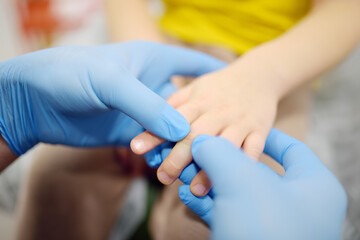

 Home
Home

